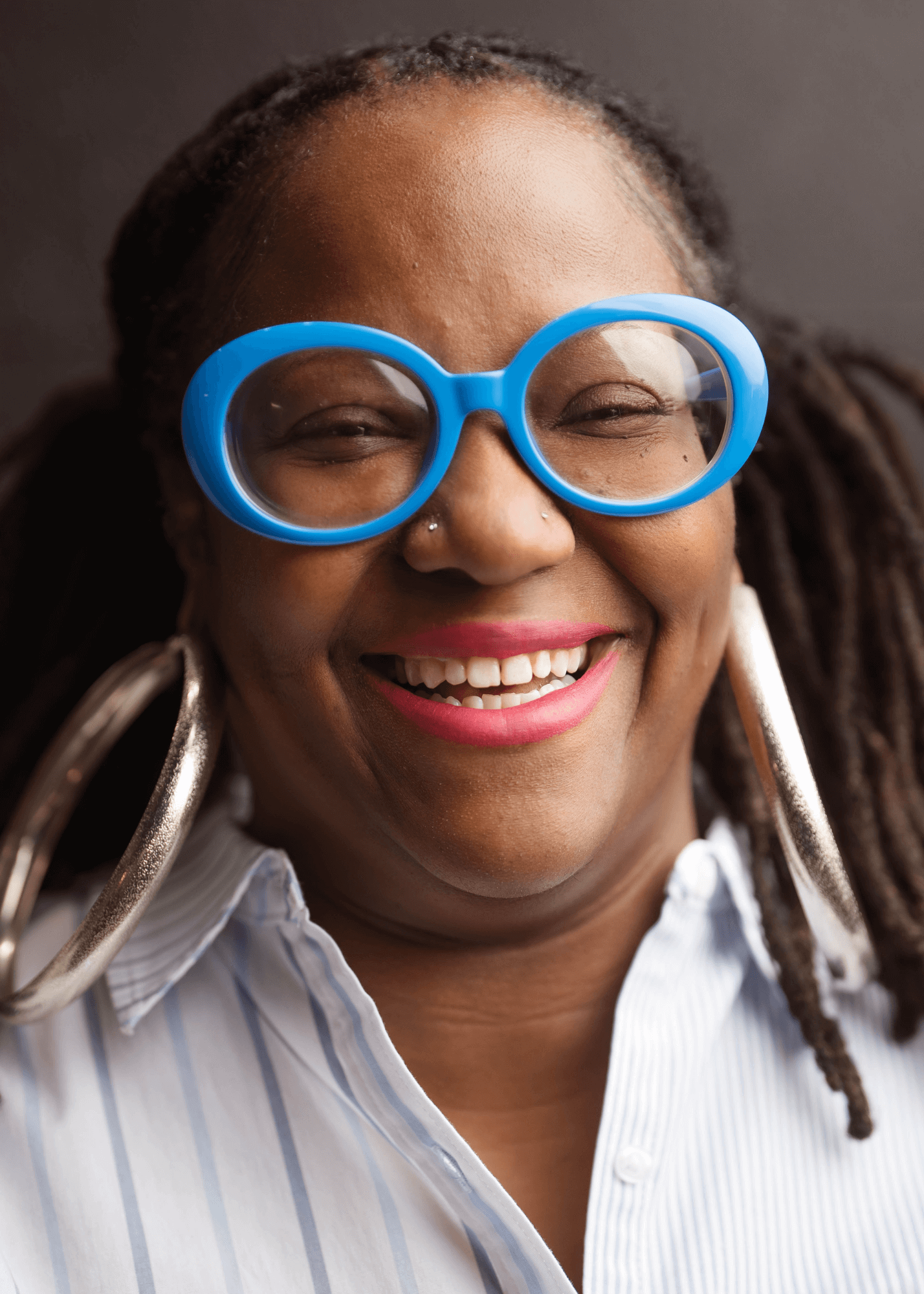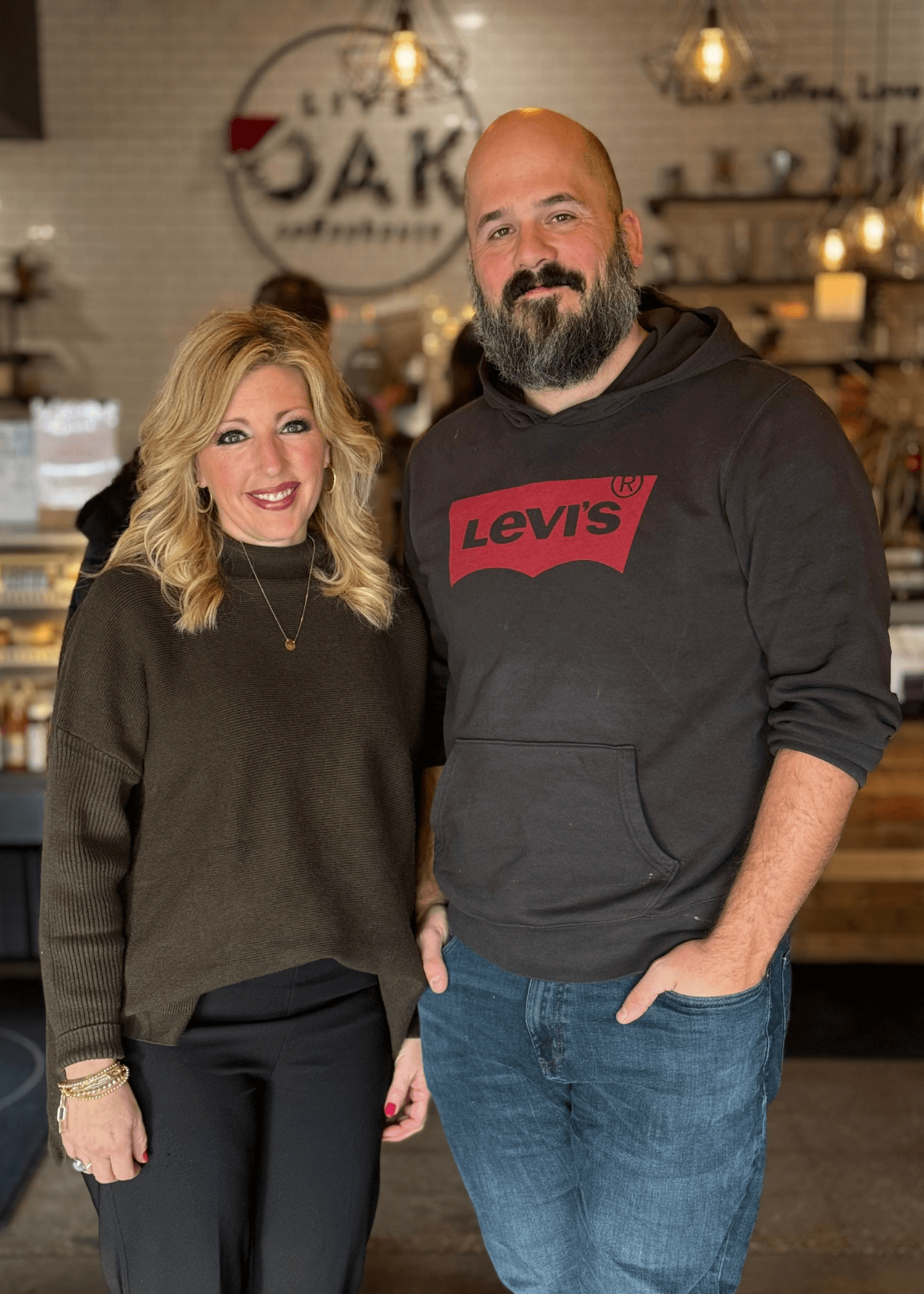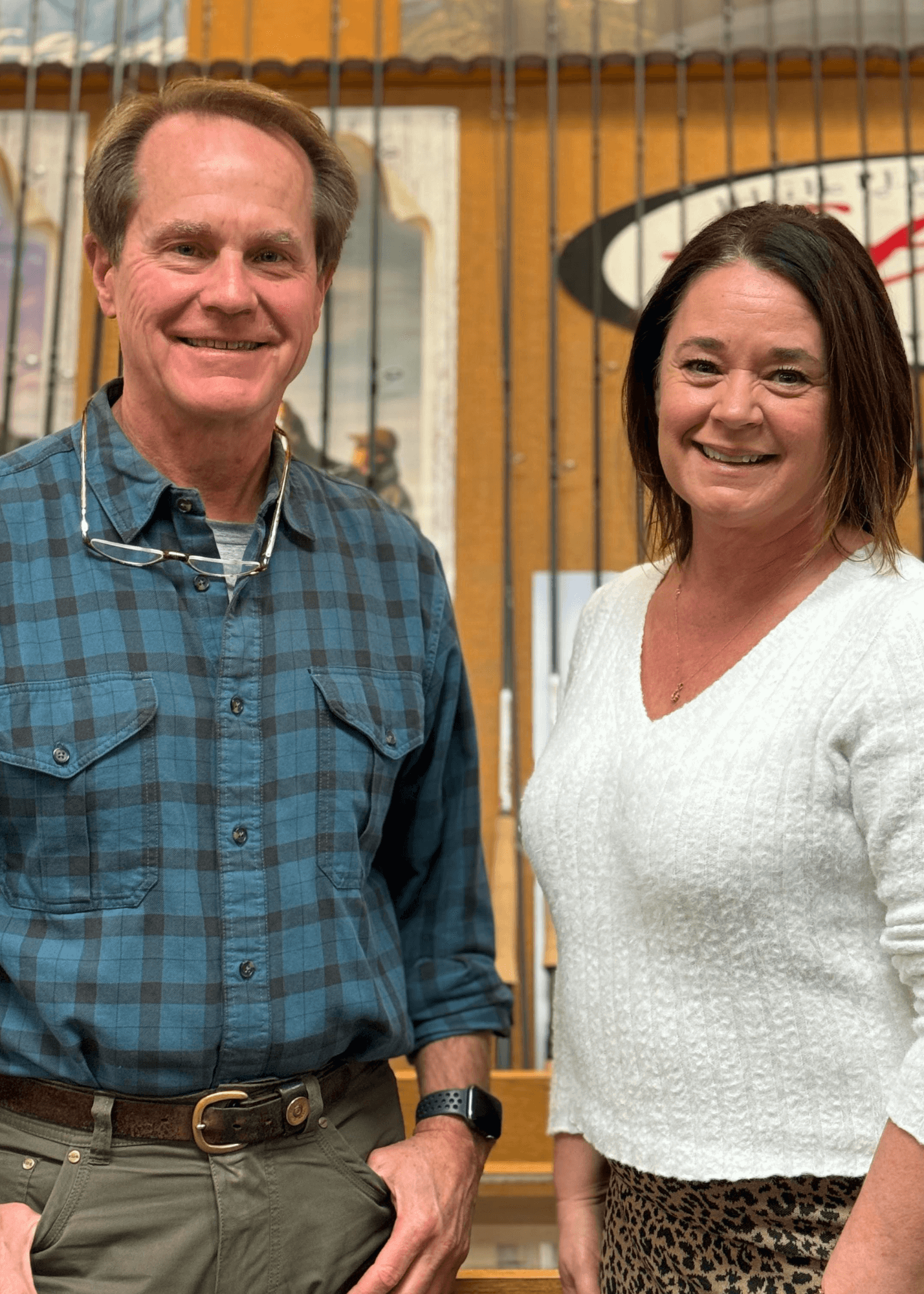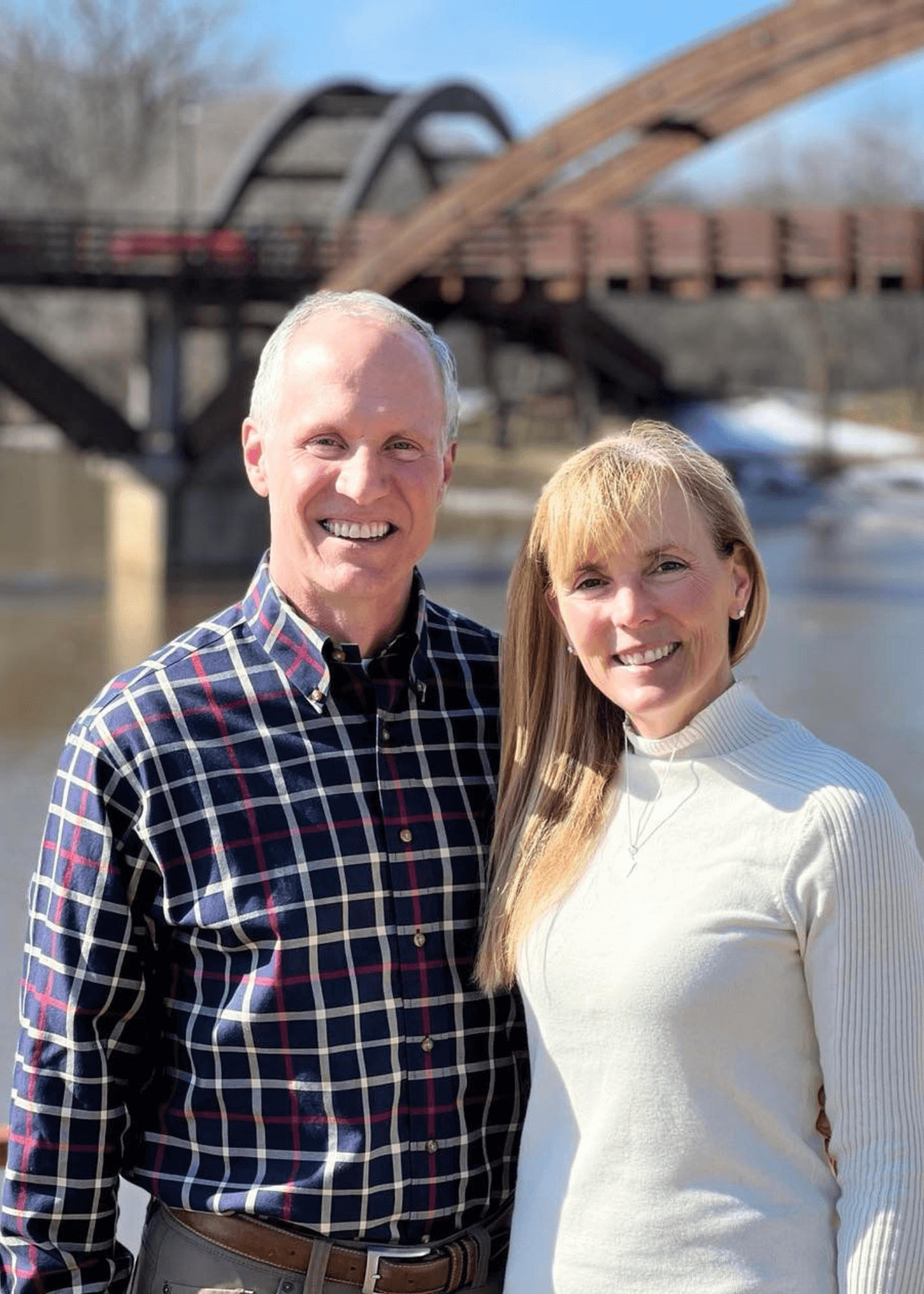Prologue: The Midland Area Community Foundation empowers community members to pursue support for ideas and projects that might not otherwise be obtainable. Every citizen can promote social good by investing in programs and causes through the Foundation. Project funds, like the one opened by Breaking Bread Village, are the ideal vehicle for short-term community projects. We manage all accounting, tax receipts, and donor communications, allowing community members to focus on fundraising.
Erin Patrice – In Her Own Words, Documented by Phil Eich
“2020 was such a divisive year when you think about humanity and how people treated each other. I remember seeing people online, who were supposed to be inclusive, wishing others would die from COVID. It was just horrible, really, and I decided that I could either complain about it…or try to change the situation the best way I knew how.
For me, that way has always been by creating a meal for someone, sitting at a table, and just talking. That’s how Breaking Bread Village started; I wanted to help create change by creating a table of conversation.
So in May of 2020, I started hosting online conversations, talking to people of different perspectives about contentious topics, like schools shutting down or racism. The moment it really took off here in Midland was during a social justice rally. There was a gentleman there wearing an NRA hat and carrying an AR-15, a pistol, and a knife. I could see people were scared and uncomfortable, so I went over to talk to him. We ended up having a 20-minute conversation where we both found common ground and amicably disagreed. As we were talking, I noticed his shoulders relaxing, and the people around us started to relax as well. They took pictures of us, and when I shared the video, it went viral. That was when people started realizing that talking to each other instead of fighting might be a good idea.
I wanted to do more, but I needed funding. I was able to set up a project fund through the Midland Area Community Foundation. That was a great step because it allowed people to donate money to support the mission but under the umbrella of an organization they already trusted.
For our second year, I was trying to figure out how to kick off the new season of conversations, and that’s when someone suggested doing a live show. I thought, ‘Let’s do it!’ I believe in connectivity, and being in person with someone allows for genuine conversation and connection.
At our live events, we have seven people on a panel, and I intentionally invite people with varying opinions to discuss the same topic, like a conservative Baptist preacher and a very liberal attendee. I’m also strategic about who I sit next to whom. One attendee was a retired law enforcement officer from the Flint area, representing a ‘Blue Lives Matter’ perspective. The lady sitting next to him was more skeptical of the police.
We’ve done five events so far. The Midland Area Cultural Awareness Coalition has supported us by funding and sponsoring some shows, and together we’ve seen growth in the community.
After each event, almost all of the feedback is positive, with attendees saying they learned a lot. For example, after the first panel, two polar opposites decided to go out for coffee to continue their conversation. We had an audience member who hadn’t spoken to her brother in two years because of political differences, but after attending the ‘Agree to Disagree’ show, she decided to reach out and reconnect with him. We receive a lot of feedback about personal revelations and newfound understanding after attending the events.
I’ve had several people say that I’ve given someone “bad” a platform, and my response is always that we can’t grow unless we understand where people come from because there’s always a ‘why’ and ‘how’ behind their beliefs. I once spoke to a white supremacist who had been bullied his whole life by people who looked like me. Do I agree with his generalization of a whole group of people? Of course not, but I understand why he feels that way. At my events, people come with the understanding that we will listen to each other and not be disrespectful. Name-calling and hatefulness aren’t tolerated, but if someone respectfully shares their beliefs, I’m open to hearing them.
I always think about the ripple effect of things. A lady who attended our last event brought her young children, and they were engaged in the conversation. They continued talking about it on the way home and then after they got home. For me, that’s what it’s all about. It’s about moments like that, where a child feels comfortable enough to say they want to know more about something, and the parents engage in that conversation. It creates a ripple effect that leads to growth and impact. Even if the events never grow beyond their current scale, that’s big enough for me.
I hope people walk away from our shows thinking, ‘I can grow, change, and interact with people differently.’
I focus on one conversation at a time, hoping people will grow and see the importance of having conversations and listening to each other. Whether we have funding to do it in big places or outdoors in a park, I’ll always do this work. When I was younger, I was in a situation where my voice was silenced. I was in an abusive relationship, and my voice was silenced. That’s why giving people space to share their thoughts is crucial to me.
If we ever run out of funding to do this work, I’ll do it in a parking lot or sit in somebody’s basement. Giving people a voice is bigger than the money.”
—Erin Patrice, The Breaking Bread Village





